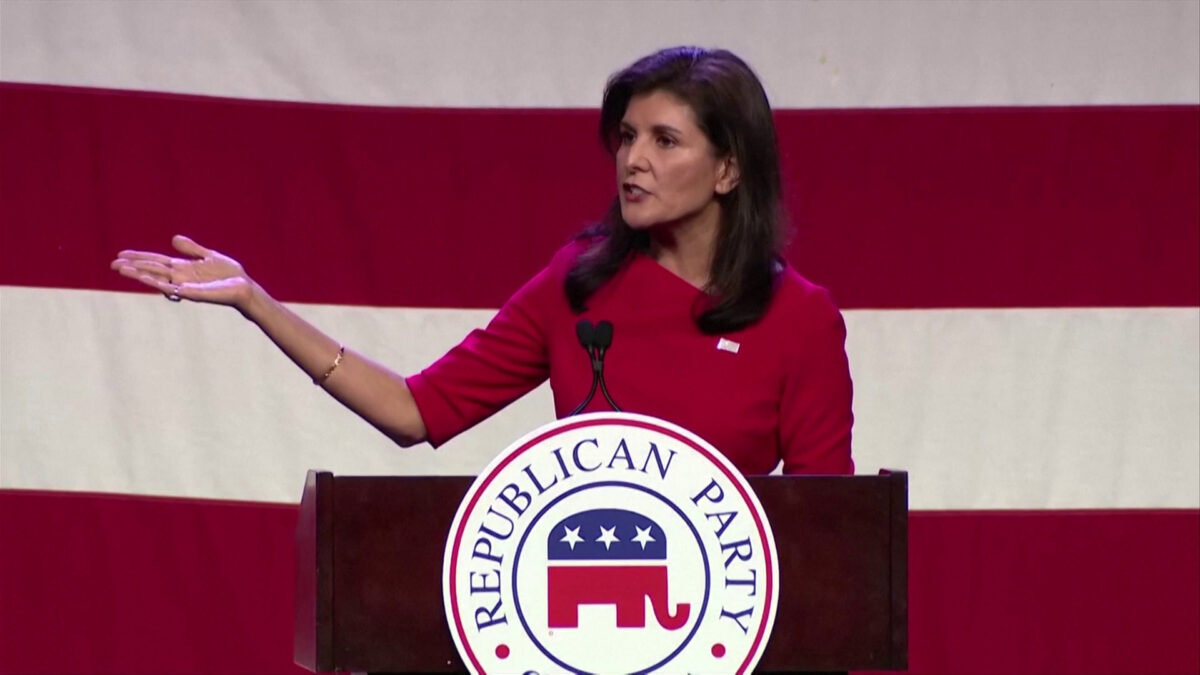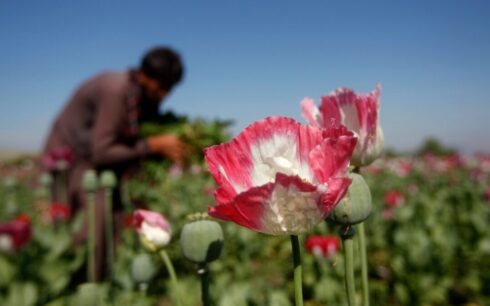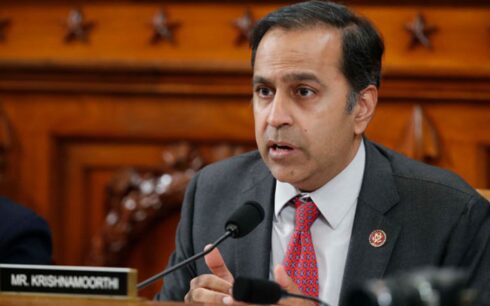In the escalating backdrop of the 2024 presidential race, a spotlight has been cast on the Biden administration’s $2.35 billion financial commitment to Taliban-controlled Afghanistan. Nikki Haley, a prospective Republican presidential candidate, has vowed to sever all US assistance to the nation.
Haley, the former United Nations ambassador, articulated her stance unequivocally to the Washington Free Beacon, stating, “When I assume the presidency, not a single penny will flow to terrorists or countries that harbor hostility towards America. Nearly two years subsequent to Joe Biden’s tumultuous withdrawal from Afghanistan, he continues to compound the grievance by channeling taxpayer funds into the hands of the Taliban-regulated nation. We confront a terrorist regime that exacted the lives of our troops and subjects its own populace to torment.”
Afghanistan, along with the Biden administration’s perilous evacuation from the country in 2021 that claimed the lives of 13 Americans, has emerged as a prominent topic of discourse within the Republican Party’s pool of 2024 contenders.
Former Vice President Mike Pence has consistently castigated the Biden administration for the total withdrawal of US forces from the nation, while Donald Trump, Pence’s former superior, has attributed the Taliban’s ascent to power to the current president. Though Florida Governor Ron DeSantis has echoed similar sentiments regarding the mishandled US exit, his emphasis has largely been on domestic matters thus far.
Haley’s declarations stand as some of the most crystalline assertions from a Republican aspirant regarding the potential trajectory of US policy vis-à-vis Afghanistan moving forward. As documented by the Free Beacon on Tuesday, the Biden administration has channeled taxpayer resources into Afghanistan subsequent to the Taliban’s reclamation of authority. Consequently, the United States remains the primary benefactor for the beleaguered nation, a stipend that is purportedly shoring up the Taliban’s governance.
Beyond her position on Afghanistan, Haley has advocated for the cessation of foreign aid to a roster of nations she perceives as holding an adversarial disposition towards the United States. Among these countries are Iraq, Pakistan, Zimbabwe, Belarus, and Cuba.
The Afghanistan dilemma has cast a shadow over President Joe Biden’s approval ratings, which plummeted in the aftermath of the 2021 withdrawal and have endured the consequences, as discerned from NPR polling.
The issue’s resonance might persist as Republican contenders leverage the Republican-controlled House’s ongoing investigations into the Afghanistan crisis. These inquiries have already exposed instances of the Biden administration disregarding early indicators of a looming catastrophe and committing numerous missteps throughout the evacuation process.
During a recent hearing, retired Colonel Seth Krummrich, erstwhile chief of staff for special operations at US Central Command, emphasized, “Intelligence was scant in endorsing the feasibility of the Biden administration’s plan, while overwhelming evidence signaled its impending failure.”
Richard Goldberg, a former member of the White House National Security Council during the Trump administration, posited that Afghanistan is poised to retain prominence as a paramount foreign policy concern as the 2024 election continues to gather momentum.
Goldberg, currently serving as a senior adviser to the Foundation for Defense of Democracies think tank, remarked, “The Afghanistan withdrawal is fundamentally intertwined with numerous issues that will remain at the epicenter of public discourse over the next fifteen months. These include perceptions of US vulnerability and regression, the implicit nod to Russia’s intervention in Ukraine, heightened threats posed by the Chinese Communist Party, a radical Islamic regime teetering on the precipice of nuclear capability in Tehran, and, not least, the escalating terrorism threat that emanates from within Afghanistan itself.”





